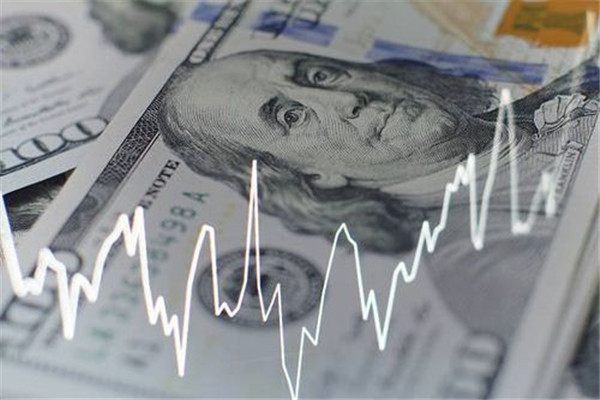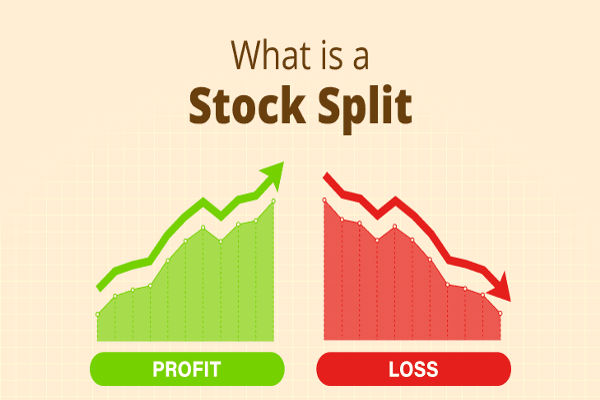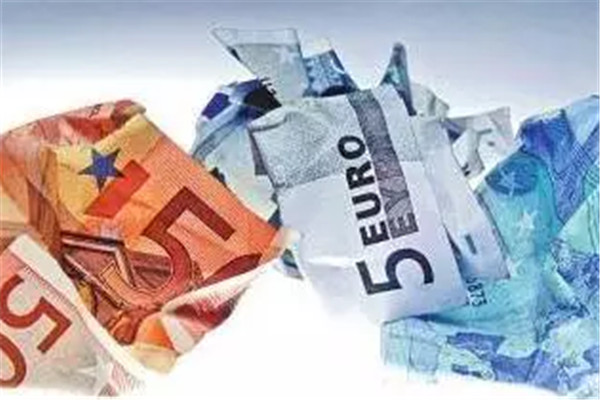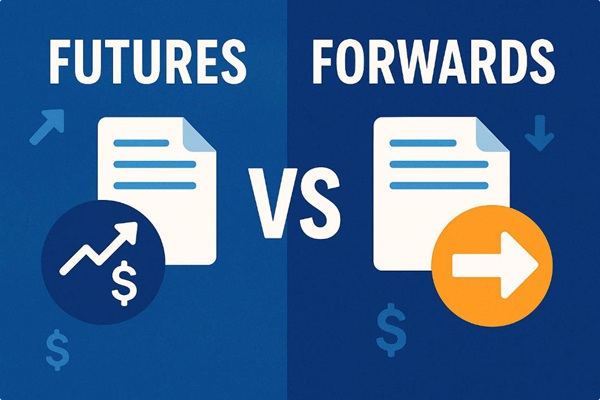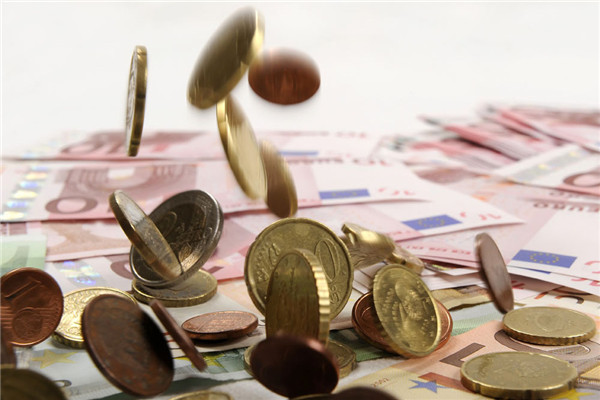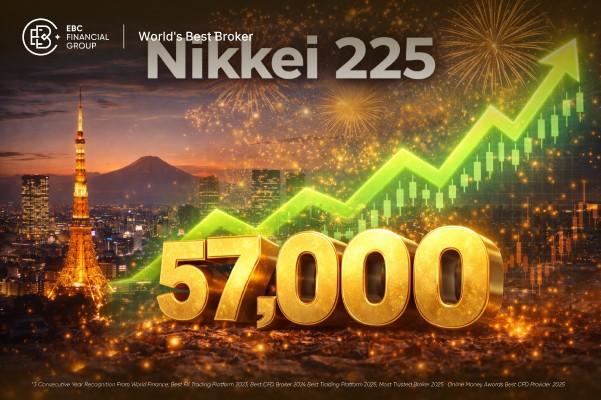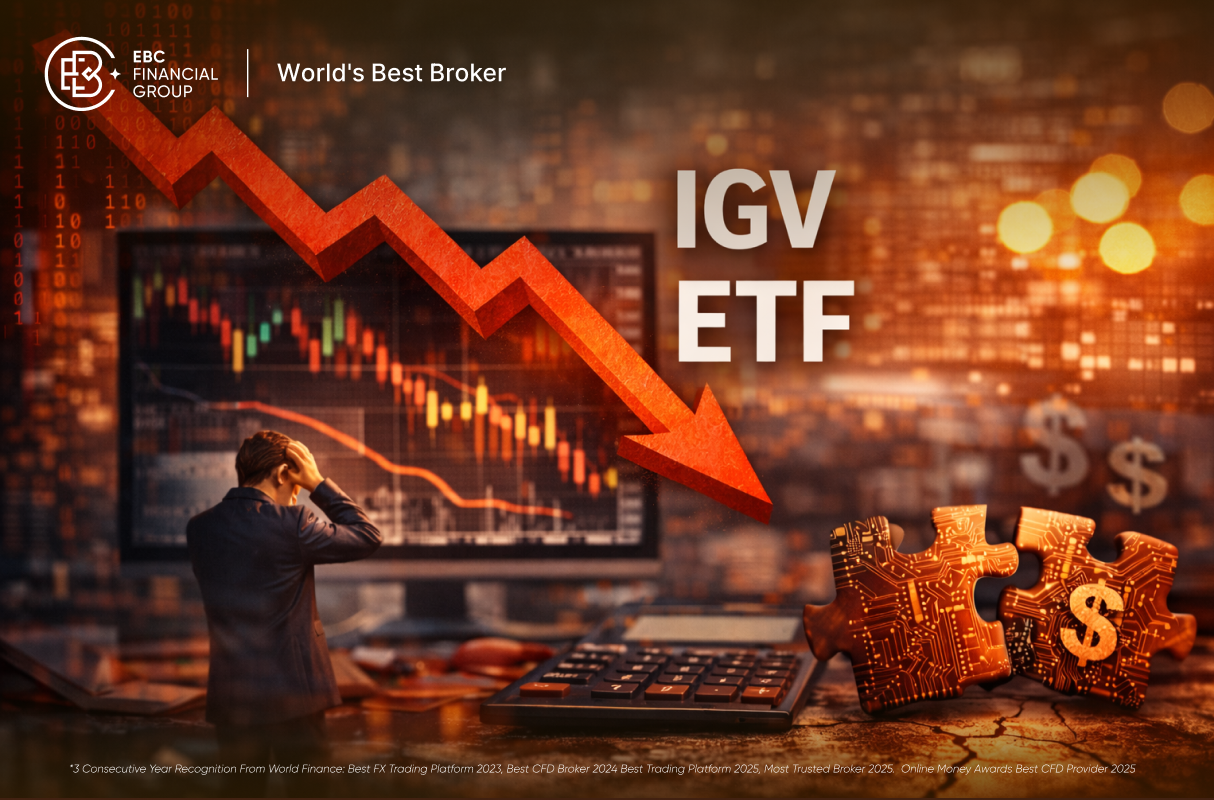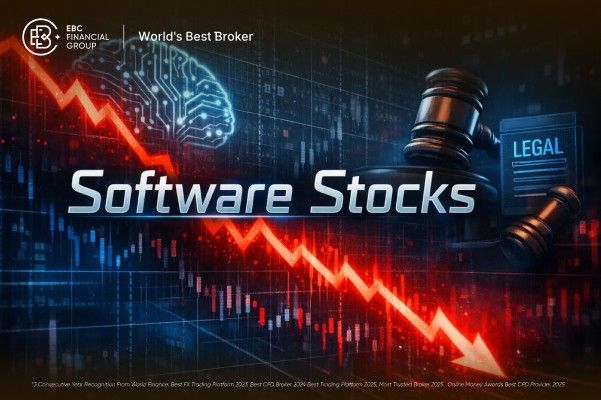What is Forward Forex Trading?
Forwards forex trading is essentially a pre arranged transaction for buying and selling forex. Managed by forex brokers and banks engaged in forex trading during the operating period. The buyer and seller first sign a sales contract, which specifies the exchange rate, term, and quantity for purchasing currency, and then deliver at the exchange rate specified in the contract on the agreed date.
Forex forward trading is an over-the-counter transaction, including forward settlement and sales of forex business, RMB forex swap business, etc. The main function of forward forex trading is to avoid exchange rate risks in international trade, mainly due to the needs of international trade. The purpose is to minimize or avoid potential losses caused by exchange rate fluctuations.
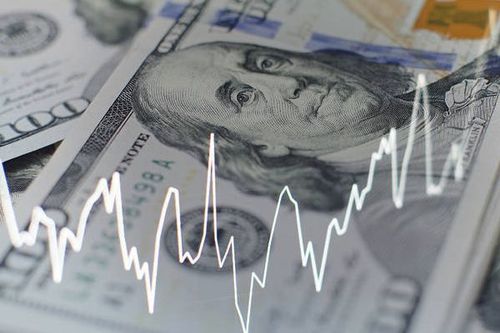
Forward forex trading mode:
1. Direct forward forex trading: Refers to trading directly in the forward forex market and not in other markets.
2. Option based forward forex trading: Companies or enterprises usually do not know the exact date of their forex earnings in advance. Option forex trading can be conducted with banks, which gives enterprises the right to execute forward contracts within a certain period of time after the trading date.
3. Forward forex trading that combine spot and forward transactions.
Why do we need to carry out forward forex trading?
1. The main reason is the need for enterprises, banks, and investors to mitigate risks.
2. Forex traders seek speculative profits.
3. Forex trading conducted by banks to balance forward forex reserves.
4. Forward forex trading are made at a certain time in the future, and both parties do not need to pay foreign exchange or local currency immediately. The amount and scale of buying and selling funds are relatively large.
5. Forward forex trading can avoid the risk of exchange rate fluctuations.
6. The reasons for conducting forward forex trading. Forex traders are seeking speculative profits.
It should be noted that forex forwards are essentially an extension of spot trading in time and the embryonic form of futures trading. Although there are some conceptual similarities between forward trading and futures trading, they are actually different in many aspects.
【 EBC Platform Risk Reminder and Disclaimer 】: There are risks in the market, and investment needs to be cautious. This article does not constitute investment advice.
